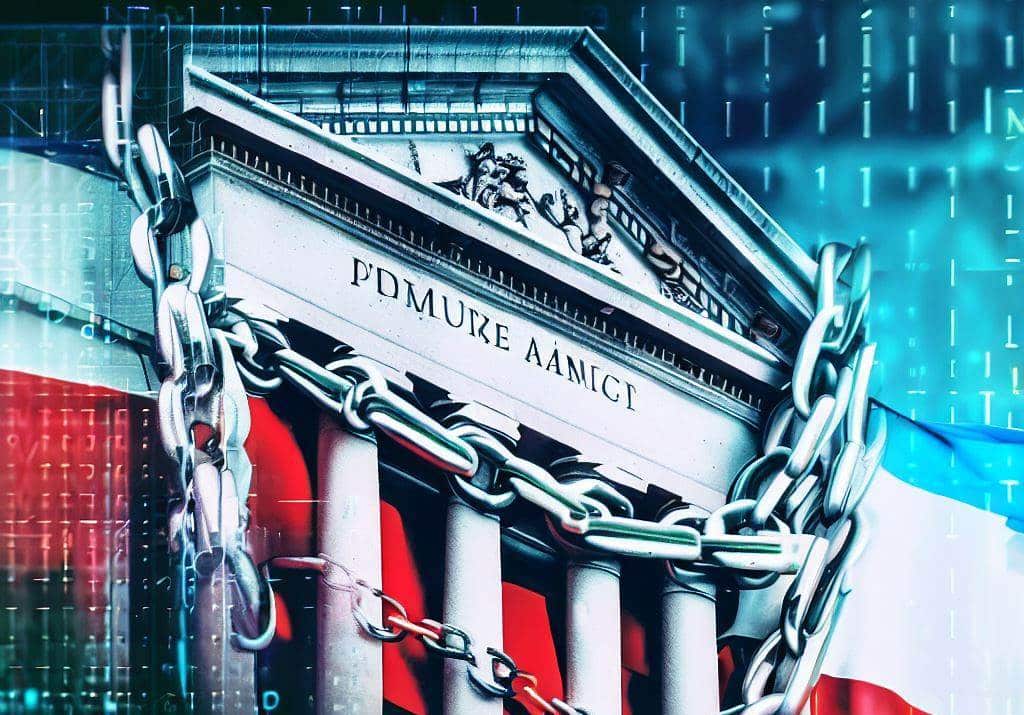
French financial prosecutor, Jean-Francois Bohnert, recently ordered searches of several major banks, including BNP Paribas, Societe Generale, and Credit Agricole. The searches were carried out as part of an ongoing investigation into alleged corruption and money laundering.
This latest development underscores the need for greater transparency in the banking industry. The lack of transparency has long been a concern, with critics arguing that it provides opportunities for corruption and unethical practices.
Blockchain technology and cryptocurrencies such as Bitcoin could provide a solution to this problem. Blockchain is a distributed ledger technology that allows for secure and transparent record-keeping. Transactions on the blockchain are validated by a decentralized network of users, making it virtually impossible for any single entity to manipulate the system.
Bitcoin, in particular, has been hailed as a potential game-changer in the fight against corruption and money laundering. The cryptocurrency operates on a decentralized network and transactions are recorded on the blockchain, providing a high level of transparency and security.
While the use of blockchain technology in the banking industry is still in its early stages, many experts believe that it has the potential to revolutionize the way financial transactions are conducted. By providing greater transparency and security, blockchain could help to restore public trust in the banking industry.
However, there are also concerns that the adoption of blockchain technology could disrupt the traditional banking industry and potentially lead to job losses. As such, it will be important for regulators and industry leaders to strike a balance between innovation and stability.


Get the latest Crypto & Blockchain News in your inbox.